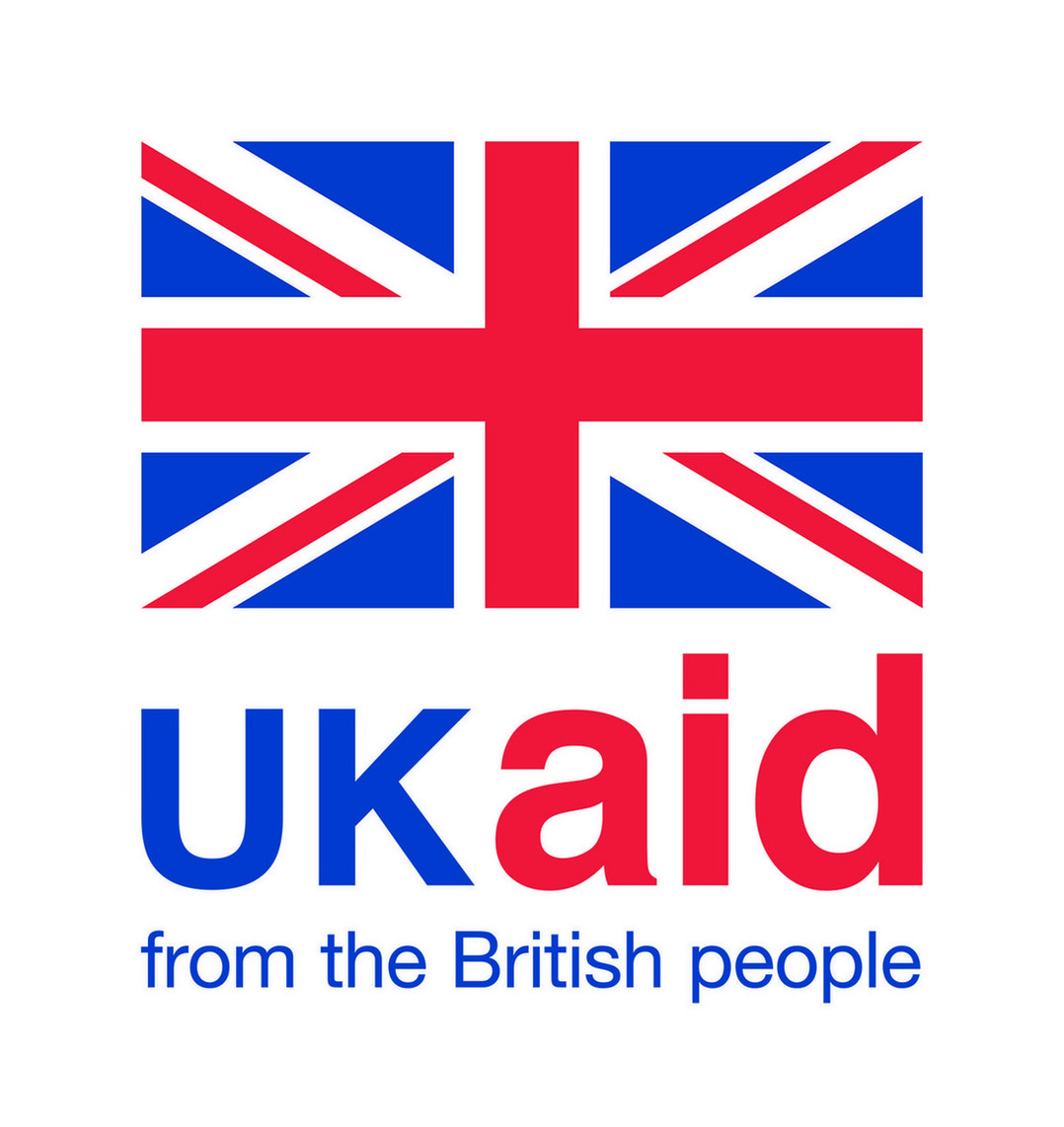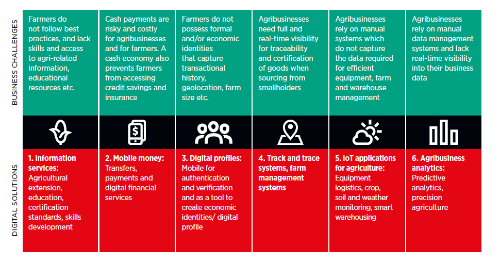Today the mAgri programme has published the report, ‘Opportunities in agricultural value chain digitisation: Learnings from Uganda’. The study focuses on a country where several early initiatives to digitise Business-To-Person (B2P) payments in agriculture via mobile money have emerged.
In addition to payments, digital tools in the last mile bring a wide array of benefits to agribusinesses such as effective control and monitoring of operations, transparency of transactions, analytics capability and the establishment of effective communication channels with smallholder suppliers.
The report identifies ownership and implementation models of these digital solutions, and highlights pathways to extend digitisation beyond payments. Some of the key questions that we attempt to answer are:
- What is the agricultural last mile and why is it important to digitise it?;
- Why should we concentrate efforts on formal agricultural value chains?; and
- What are the benefits of digitisation to farmers and agribusinesses?
What is the agricultural last mile and why is it important to digitise it?
In agricultural value chains, the last mile is the web of relationships and transactions between buyers of crops such as agribusinesses, cooperatives and middlemen, and the farmers who produce and sell their crops. Most of this activity takes place in the developing world, where about 1.3 billion people are employed in agriculture and are involved in the production of the majority (at least 70 per cent) of the world’s food.
It is in the last mile that global markets connect with local rural economies, before the processes of transformation and value addition takes place in the upstream parts of agricultural value chains, ultimately generating the products that end up on our consumer tables.
Early last mile digitisation initiatives has so far focused on cash crops and formal value chains as shown by the partnership between MTN Uganda and mobile tech provider Yo to digitise payments for coffee exporter Kyagalanyi.
Why should we concentrate efforts on formal agricultural value chains?
While the majority of farmers are non-commercial (and informal), entry points for digitising the agricultural last mile are more likely to be where farmers have relationships with formal buyers directly linked to national and global markets and where trading focuses on cash crops. Most estimates show commercial farmers in developing countries to be between 30 per cent and 40 per cent of the total smallholder base.
Our insights from Uganda show that in formal settings digital tools offer a solution to some of the most pressing business needs of agribusinesses linked to global markets. Where formal procurement takes place, as in the case of the coffee value chain, buyers have a comparatively greater incentive to digitise existing B2P transactions via mobile money, and drive benefits related to cost reduction and safety of payments. This was the case in Uganda, where both farmer-owned cooperatives procuring coffee from members, and formal local agribusinesses selling to exporters have started to implement mobile money payments.
*During the focus group, women users of Uganda Telecom’s M-Sente mobile money service were interviewed about their needs and preferences in order to inform the MNO’s strategy for digital financial services.
For providers of last mile digital tools, the key benefit of targeting formal value chains is the presence of distinguishable commercial players, which eases the complexity of deployment compared to the more fragmented informal value chains where a multitude of micro enterprises (famers and middlemen) operate.
Formal settings offer a better chance to test models, develop proofs of concepts and eventually target digital solutions to the broader ecosystem of last mile buyers and sellers with services that have potential to scale.
What are the benefits of digitisation to farmers and agribusinesses?
Amongst the pain points for buyers and sellers in formal value chains, as we have seen in Uganda, the most urgent are the risks related to theft and fraud of handling cash but also the time and cost involved in cash payments.
In Uganda, coffee agribusinesses recognise mobile money as a more secure and less costly option to process payments to farmers, to the extent that they are prepared to absorb the cost of withdrawal fees on behalf of the farmers, paying the withdrawal fee on top of each payment.
In spite of the cost of mobile money to the end user (withdrawal and transaction fees), farmers also recognise its benefits. Our field research shows that mobile money offers a solution for cash management, and potentially instils a more responsible financial behavior as farmers no longer receive large lump sums of cash in hand. In one of the deployments observed, instead of storing “real” cash at home, farmers converted physical cash received from selling their crop to electronic cash in their accounts shortly after completion of cash payments.
Ugandan farmers also see the potential to process via mobile money B2P payments securely and remotely, starting from school and health fees, which as demonstrated by CGAP, are some of the most significant cash outflows for rural households.
A range of digital tools for the agricultural last mile that go above and beyond digital payments for last mile sourcing are today available to agribusinesses in developing countries. These include information services (agronomic advisory via mobile), mobile enabled farm management systems that support certification and traceability needs of agribusinesses. In addition, an increasing number of agricultural Internet of Things (IoT) applications have emerged.
Amongst these solutions, mobile-enabled track and trace systems are already available in Uganda, and are increasingly available in other countries, to support agribusinesses facing the pressure from global markets of ensuring that supply chains are not only reliable and efficient, but also adherent to international standards and traceable. This pressure reflects on farmers who in order to sell their crops to formal buyers need to meet certification requirements. Crucially, for farmers, these tools can also enable efficiency and transparency into the last mile, via for example digital receipting.
To learn more about the opportunity for digitising the agricultural last mile, and to explore emerging incentives and partnership models between mobile operators and third party tech providers download our full report.
This project was funded with UK aid from the British people.



